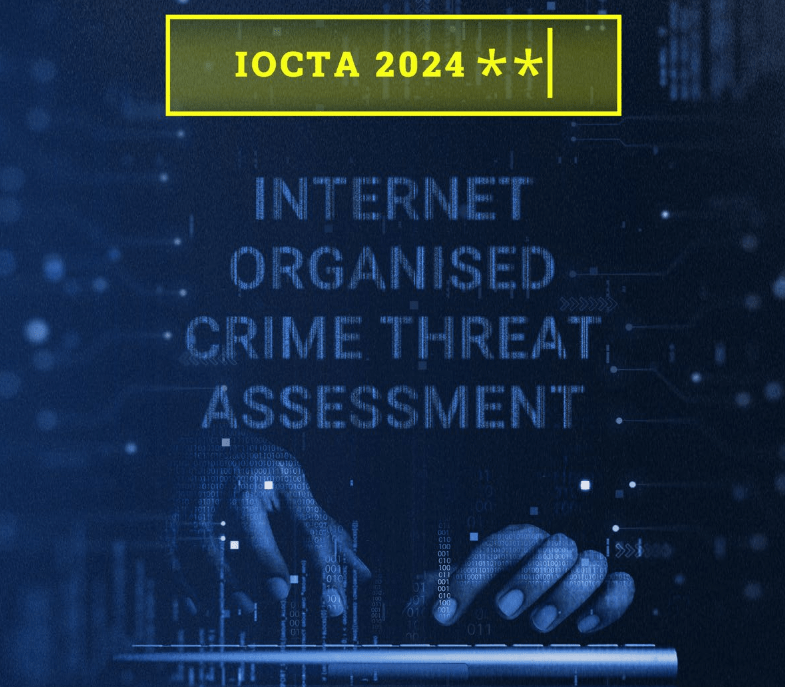Europol’s latest study, Europol Internet Organized Crime Threat Assessment, clearly shows how the use of Bitcoin by thieves is evolving. The report discusses the use of stablecoins like Tether (USDT) and Bitcoin for illegal activities, and how Monero is becoming increasingly popular for private transfers, among other key findings.
Bitcoin: The leader of cybercrime?
Europol study highlights how unlikely it is that Bitcoin’s prominence in cybercrime will change any time soon. Bitcoin’s proven popularity and the wide range of exchanges and services that support it make it a constant tool for scammers.
However, the police are not sitting idly by. By using blacklisting features in stablecoins, authorities have been able to freeze questionable money, thus displaying a proactive strategy in the fight against cryptocurrency crime.

Monero: The New Darling of the Dark Web?
While Bitcoin is still the most widely used cryptocurrency, Monero’s appeal to hackers is remarkable. For anyone trying to hide their financial activities, Monero’s design emphasizes anonymity and privacy. Unlike Bitcoin’s open ledger, Monero makes it difficult for law enforcement to track illegal activities by scrambling transaction data using sophisticated encryption methods.
Monero’s unique qualities, according to IOCTA, make it the ideal way to cover up illicit activities. Its stealth addresses and secret transactions allow scammers to go undetected. Monero is frequently used to purchase illegal goods on the market. Dark webaccording to Europol, which reinforces its status as a tool in the fight against crime.
Monero is valued for its legal and privacy-friendly financial transactions, even though it has been controversially used in criminal operations. This dual nature underscores the difficulty of handling privacy-focused cryptocurrencies in the legislative arena. Law enforcement agencies must balance respecting individuals’ right to financial privacy with their need to fight crime.

Image: Politico
Other major discoveries
In its main conclusions, Europol has found that daily cyberattacks are targeting millions of EU citizens and small and medium-sized businesses. Criminals are making money through phishing, investment fraud and internet exploitation. With the rise of Bitcoin ETFs, new customers could fall into the trap.
The report also reveals that hackers are getting smarter and are using artificial intelligence to make processes smoother. AI-driven deepfakes and automated bribery systems make it very difficult for authorities to track down criminals.
Europol recommends improving collaboration between the public and private sectors to address these issues. The organization advises law enforcement to increase training on blockchain technology and to collaborate more with blockchain analysis companies. These procedures ensure that law enforcement has the tools and information needed to combat bitcoin-related crimes in a constantly evolving environment.
Featured image from Shutterstock, chart from TradingView


